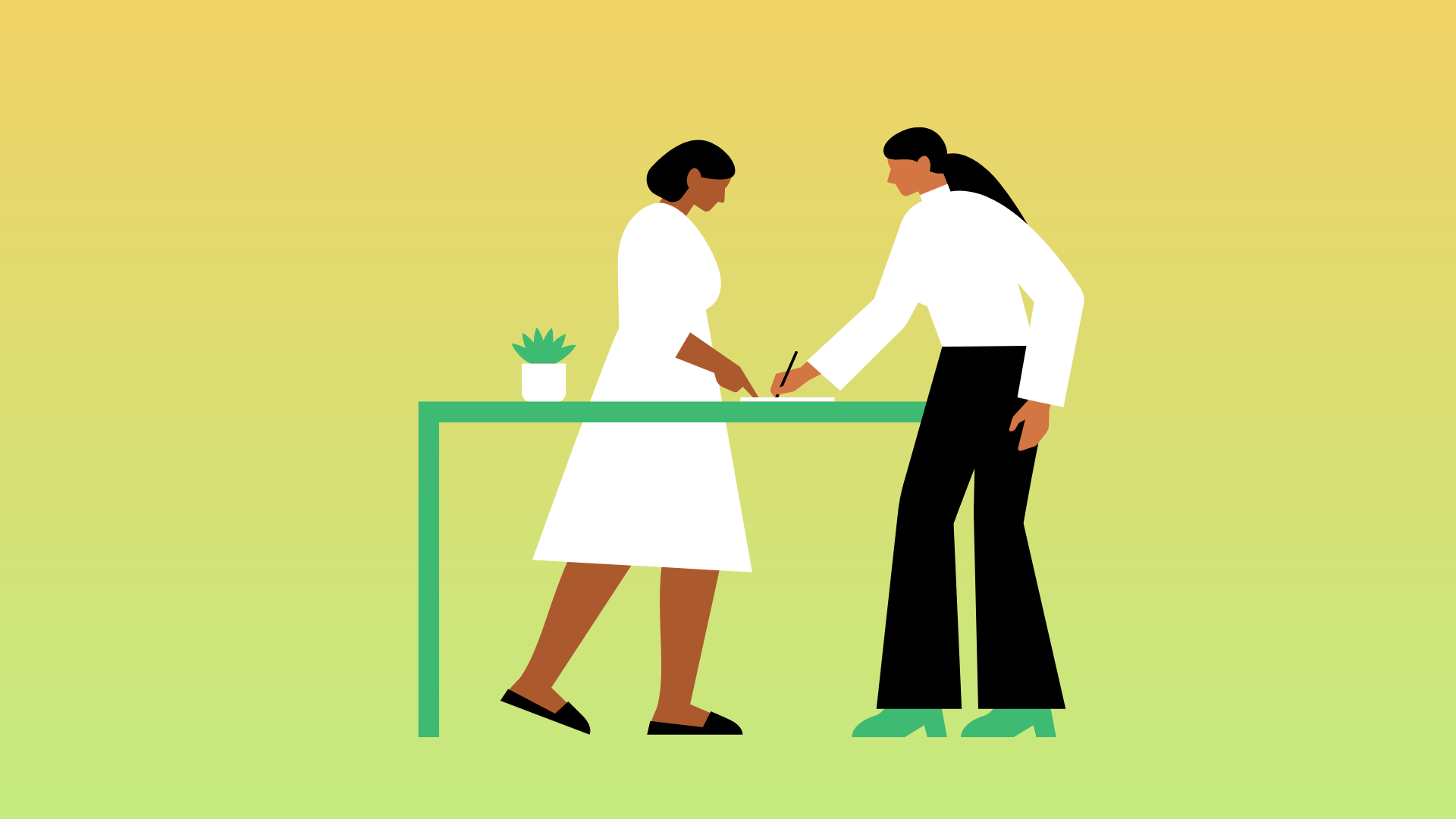
Women constitute a majority of the poor and are often the poorest of the poor. A report by the UN says that there are 122 women ages 25 to 34 who live in extreme poverty for every 100 men in that age group. This coincides with the peak productive and reproductive ages of women, and likely reflects that as young women become wives and mothers, they often stop working in order to care for their husbands and children. In most societies, gender norms define women’s role as largely relegated to the home, as mother and caretaker, and men’s role as responsible for productive activities outside the home. These norms influence institutional policies and laws that define women’s and men’s access to productive resources such as education, employment, land and credit. In developing countries, women spend 31–42 hours per week in unpaid work (in the home). Indeed, women and girls bear an unequal burden of unpaid domestic responsibilities and are overrepresented in informal and precarious jobs.
From our experience with women, we have put together a list of crucial reasons we believe are responsible for women being very poor.
1. Lack of hunger and ambition: Most women do not really intend to be wealthy in the first place: Very few women have plans and an ambition to be financially independent. Cultural background builds a certain mentality in women as well. Some women have grown up seeing their female parents depend on their husbands throughout their lifetime and then go on to believe that it is perfectly okay to be at the mercy of their partners for all of their needs all of the time. They have somehow subcounsciously built a mindset that ambitious and growth is only associated with being male. This mind-set causes many women to stop once there is any resistance and they could not feel bothered about trying to make a difference at all.
2. Little to no support systems: As women evolve and have more responsibilities as a wife and mother, managing their homes, the kids and running their business or their career, you find them juggling multiple things at a time. Some of their partners could not be bothered about giving them more support when it comes to taking care of the kids or managing the home. Women need to share their stories and how they have been able to juggle multiple things at a time and still retain their sanity as it could be quite overwhelming at times. In some cultures, women need to leave their jobs in order to effectively take care of the home and kids. This is further widening the gender wage gap and in most climes, the women already earn less than the men. So policies need to be put in place to strengthen the concept of gender equality in those cultures. On the average, retired women are more likely to live below the poverty line. Why? The average woman earns less than their male counterparts and therefore they end up saving less, Women generally tend to outlive their spouse by more than 5 years.
3. Black tax: Black tax is income black professionals give to their families to support them. Because women are in charge of managing their home, most women end up spending or investing most of their income in the day to day running of the home. They are still living paycheck-to-paycheck because their money isn’t just their money. Then they forget to invest in assets or infrastructure. For instance, day to day expenses like buying the socks for the children or buying food stuff and general money burners while the man is investing in assets and things that can be seen long term. Women spend 90% of their income on things that directly benefit their families. This impacts the ability for many women to be able to save and build generational wealth.
4. Time poverty: Time is a resource and it is clear that women end up having less of it. Women do most of the work and house chores — Economists call this unpaid work. This takes up an average of 4 hours every day. So, women are too busy and don’t have a lot of free time. Women who don’t have enough time can’t invest in their future. Who puts clothes in the laundry? Who makes sure there is always food in the house? The drudgery of women’s work and its time-intensive demands contribute to women’s “time poverty” and greatly limit poor women’s choice of other, more productive income-earning opportunities.
Other discussed reasons such as financial literacy, structural policies and wage gap.
Despite these factors, we see so many strong and resilient women who have gone over them and are pushing the boundaries and making a difference in the world today.
So, what can women do about these factors that are responsible for making them poor?
Women can try to balance their family responsibilities and finances by intentionally prioritising saving and investing. A way to do so is to automate their saving. There are mobile apps that serve this purpose and with them you can rest assured that it is going to happen. You don’t have to try to remember to save by yourself. You also don’t have to worry that day to day expenses will take up the money you planned to save. Setting up an automatic transfer after each paycheck or either weekly or daily that goes to your savings can help you build an emergency fund. But to create wealth, women need to do more than only saving. Part of the savings should also go into meeting investment goals. Women need to start investing, and early too. Because there’s so much information out there about investing, it is difficult to know exactly where to start. It is also common to be afraid of losing our hard-earned money. But we lose so much more by keeping our long-term savings in cash which loses value over time. A conscious investment in assets including property should be a goal.
To solve the issue of time poverty, Melinda Gates recommends 3 R’s: Redistribute, Recognize, Reduce. Recognize means seeing the hidden assumptions and stereotypes about how men and women should spend their time. Redistribute means sharing tedious tasks. Reduce means making unpaid work take less time by introducing access to electricity and appliances. With access to the right baby gears and home appliances, women do not need to always be time poor. Doing the chores and taking care of the kids doesn’t have to be so time consuming and stressful. Getting these will ultimately improve quality of life and give women more time to invest into the growth of their career and businesses. Because we believe access to these can help more women, starting with you — maximize time, we have partnerships to help you finance your purchase of baby gears and home appliances and to choose a convenient repayment plan. Send a mail to [email protected] to get started.
Growth loan for her.



